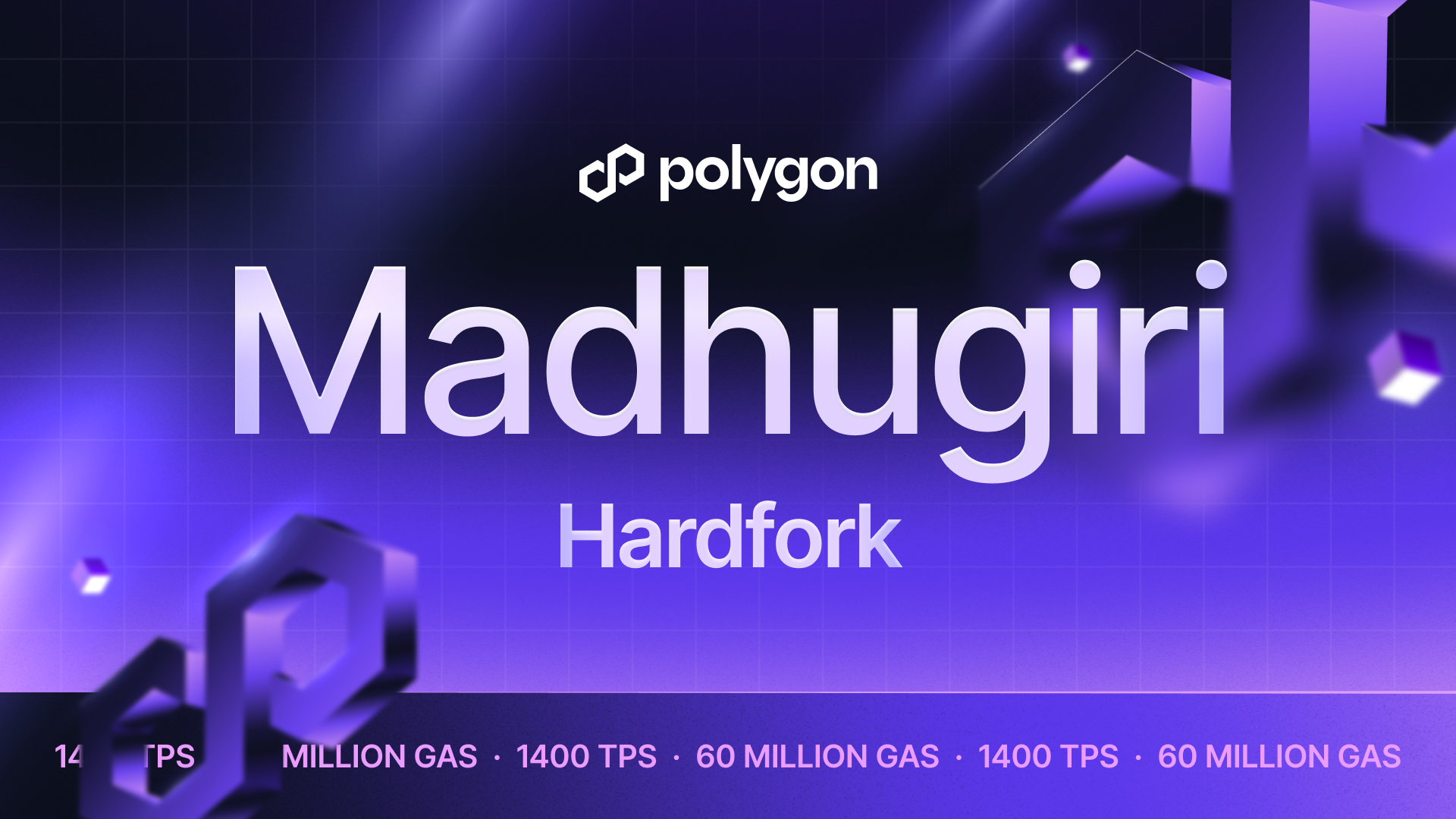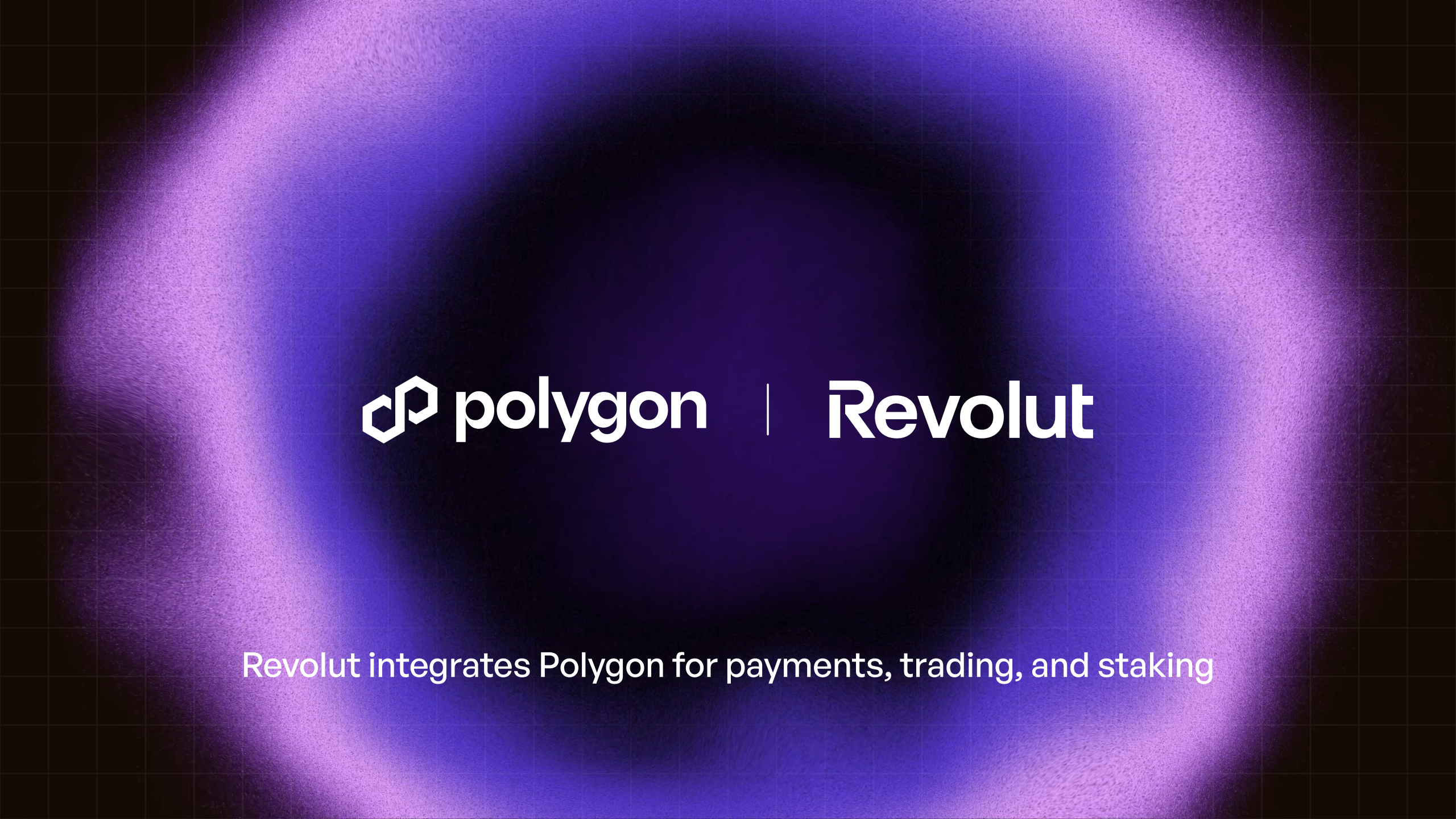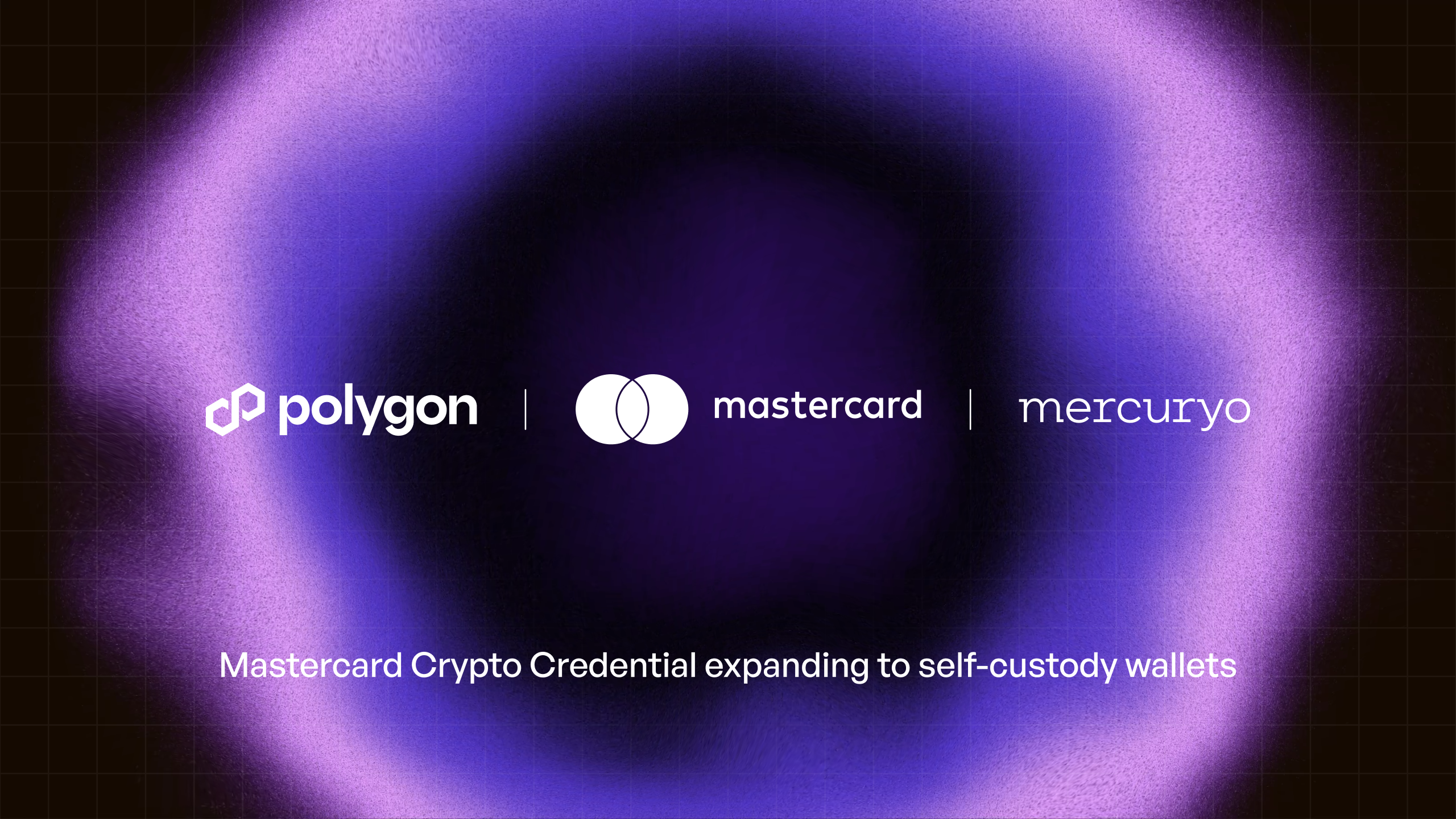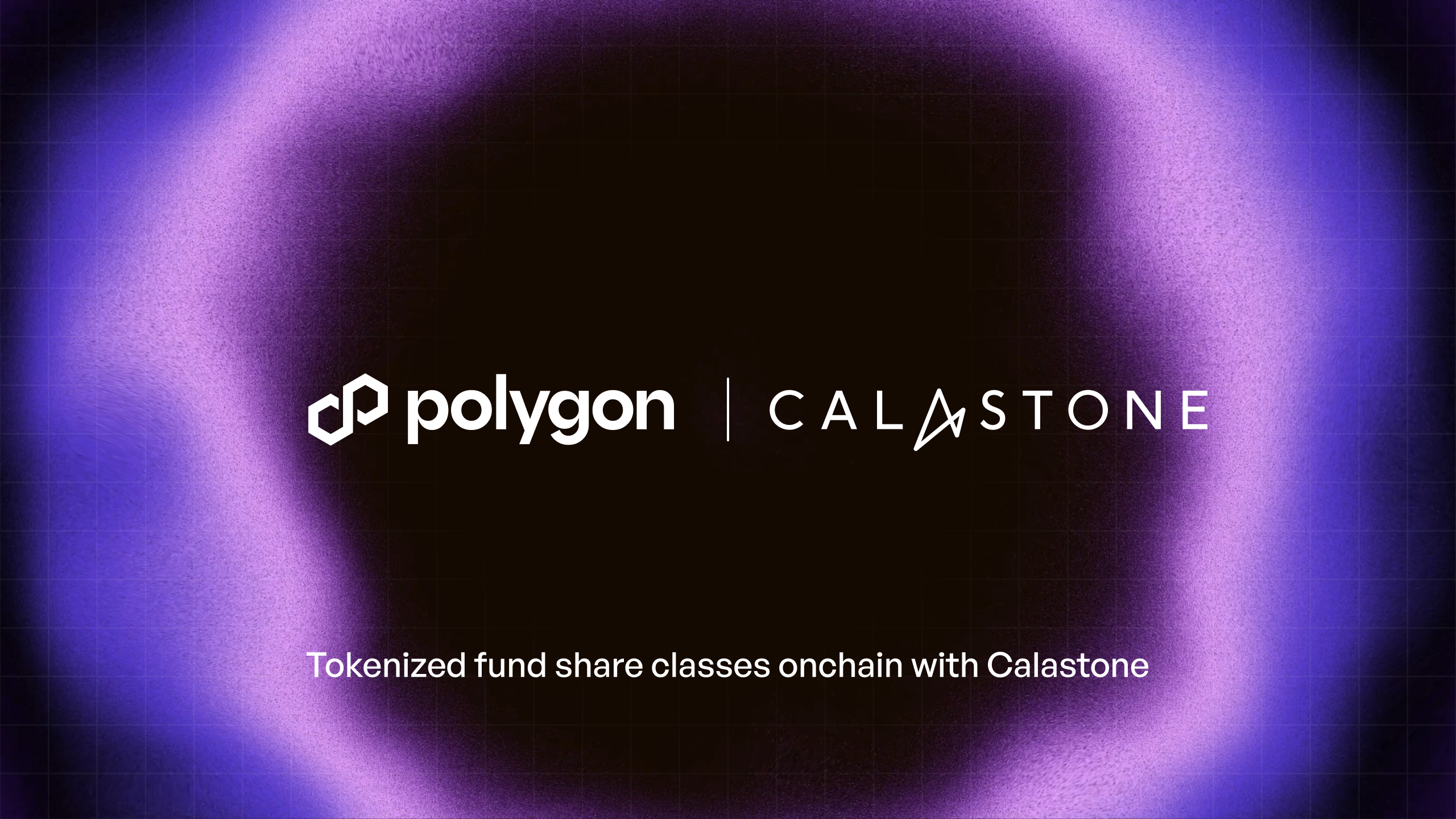10 Real World Examples of Blockchain Use in the Public Sector

Many governments around the world are tapping into the power of blockchain technology to improve transparency, efficiency and stimulate economic growth. From Singapore’s experiments with DeFi and a Swiss municipality going full-crypto to on-chain police accountability in rural India and college diploma NFTs in Mongolia: governments and public institutions are using Web3 tools to solve real world problems.
To paraphrase a famous saying, blockchain applications in the public sector are already here, they are just unevenly distributed. Increasingly, they can be found running on Polygon protocols, which offer low network fees, fast transaction speeds and vanishingly small carbon footprint. Here are just some of the examples.
Singapore’s DeFi Pilot
In late 2022, JPMorgan made headlines when it made its Web3 debut even as the banking giant’s CEO continued to rail against cryptocurrencies. JPMorgan executed its first-ever cross-border transaction in a live-trade that used modified Aave on the Polygon network.
The live cross-currency transaction involved tokenized JPY and SGD deposits and was part of Project Guardian by the Monetary Authority of Singapore (MAS). The initiative in collaboration with the financial industry is exploring the economic potential and value-adding use cases of asset tokenization with an eye on freeing up costs involved in executing trades through clearing and settlement intermediaries.
Swiss Town Powered by Crypto
The City of Lugano, a picturesque lakeside town in southern Switzerland, has set its sights on becoming Europe’s blockchain capital. Lugano announced plans to allow citizens and companies to use Bitcoin, Tether and the city’s own LVGA stablecoin to pay their annual taxes, parking tickets, public services and student tuition fees, paving the way for cryptocurrencies becoming a legal tender in the city.
The Polygon protocols will be the rails on which the stablecoins will run. Under Lugano Plan B, the city will also create a specialized hub hosting companies and start-ups and set up a 100 million Swiss francs ($116 million) fund to help finance blockchain based startups and set aside another 3 million Swiss francs to speed adoption by local businesses.
Reaching Women and Children in Need in Telangana
The Women Development and Child Welfare Department of Telangana, a state in southern India, has teamed up with StaTwig, a SaaS startup focused on supply chain management, to improve delivery of services to 2.5 million pregnant women, breastfeeding mothers and children. The outreach program uses StaTwig’s supply chain management tool that ensures real-time visibility and traceability for services that span pre-school non-formal education, supplemental nutrition, vaccinations, health checks, and referral services. of the entire operation.
Indian Medical Colleges Spin Up a Ledger
The local government in Uttarakhand, an Indian state in the foothills of Himalayas, was looking for a way to track medical equipment assets in seven of its medical colleges. The goal was to have accurate record keeping, improve usage and performance data collection, reduce overspending, and insure proper maintenance.
The solution was to deploy a network with the SettleMint platform which offers a full integration of Polygon Edge. The resulting system offered asset tracking through RFID, performance tracking to improve ROI, decrease downtime due to scheduled maintenance, and automation of supply and ordering process. It is being deployed at one of the colleges as a pilot.
Keeping Police Accountable in Uttar Pradesh
Firozabad police in Uttar Pradesh, the northern Indian state that is home to Taj Mahal, are putting public complaints on a blockchain to ensure transparency and root out corruption and bureaucratic inefficiency. The First Information Report (FIR) portal allows victims of crimes to register complaints against local police officers without the complaints either being dismissed or manipulated by potentially corrupt officers.
Safer Roads With Blockchain
Traffic accidents on India’s roads are responsible for about 200,000 deaths annually, a grim statistic. International Road Federation has partnered with SettleMint on a Web3 road safety platform. The pilot project aims to bring together road audits, emergency care, insurance, enforcement, and driving scores on a single platform and help make India’s roads less deadly.
Soulbound Diplomas in Mongolia
The National University of Mongolia (NUM) has launched a “Meta University” in collaboration with Octagon Marketplace and Guyuk Metaverse. As part of its 80th anniversary celebration, NUM’s graduates are receiving their diplomas as Soulbound Tokens. A total of 6 different types of NUM NFTs are being delivered to students, teachers and staff.
Onchain Caste Certificates and Covid Tests
The Government of Maharashtra is using the Polygon blockchain to issue verifiable caste certificates to its citizens. The project is using LegitDoc platform which makes these certificates instantaneously verifiable. Employers in Karnataka can verify certificates for free with a click of a button. The state is also using the Polygon blockchain to track covid test results.
Updating Land Registry for 21st Century
West Bengal’s New Town Kolkata Development Authority has partnered with Web3 middleware SaaS startup Airchains to digitally record and track the land ownership and mutation system with 500,000 NFTs deployed on Polygon Supernets. The program will replace the traditional bureaucracy with a transparent and secure digital system.
For more examples, check out The Value Prop, a crowd-sourced and entirely open database created to showcase the diverse and unique use cases for blockchain technology – across all networks – which are making an impact throughout the world. Tune into the Polygon Labs Blog and our social channels to keep up with updates about the Polygon ecosystem.
Together, we can build an equitable future for all through the mass adoption of Web3!
Website | Twitter | Developer Twitter | Forum | Telegram | Reddit | Discord | Instagram | Facebook | LinkedIn





.jpg)
.jpg)
.png)

.png)






%20(1).png)
